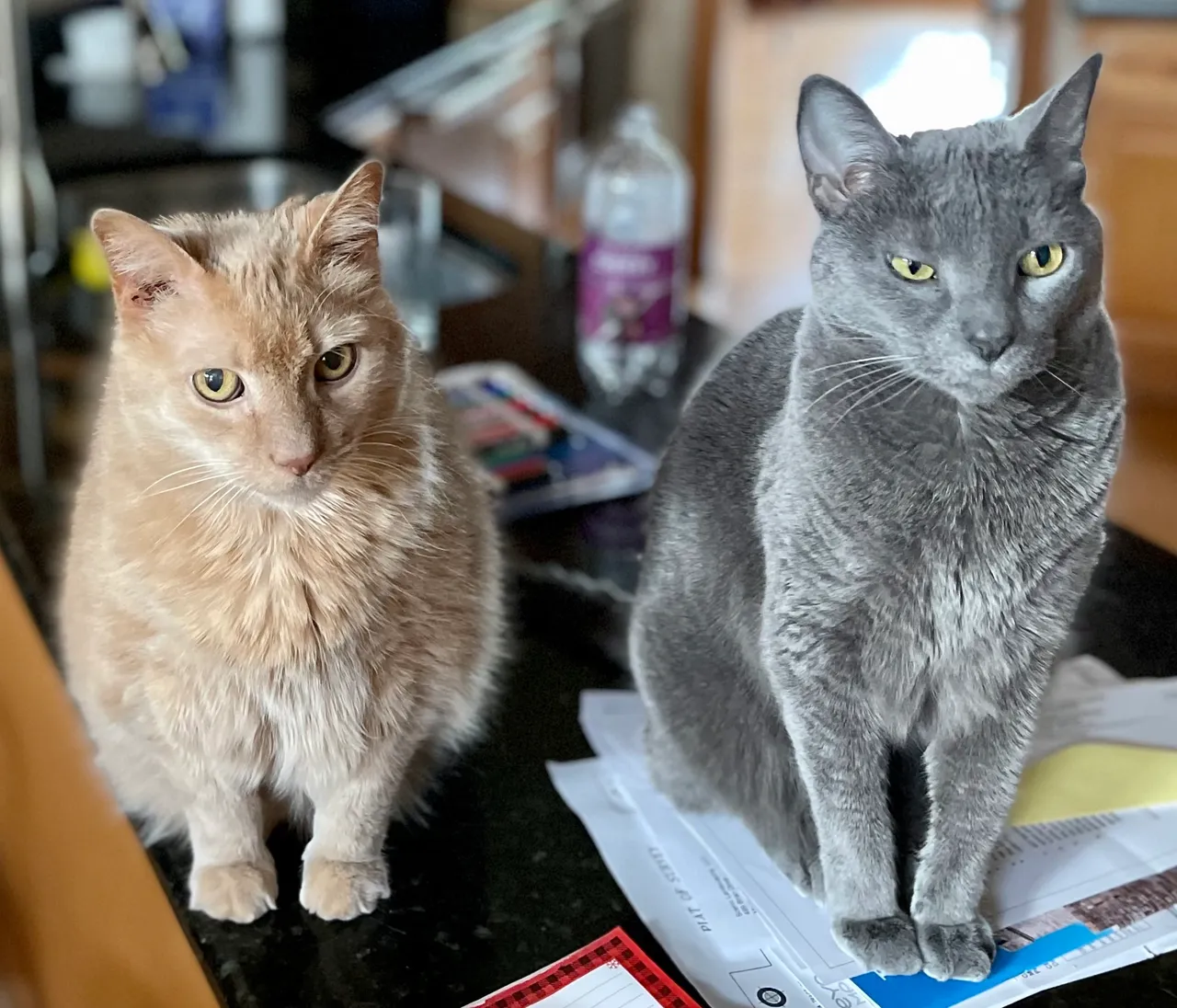Understanding Pet Trusts
Why Consider a Pet Trust?
1. Ensuring Consistent Care: A pet trust provides a clear plan for your pet’s care, detailing everything from diet and medical needs to exercise routines and living arrangements. This ensures that your pet’s lifestyle remains as consistent as possible.
2. Financial Security: Pets can be expensive to care for, especially if they have special needs or health issues. A pet trust allows you to allocate funds specifically for their care, preventing financial burden on the caregiver.
3. Peace of Mind: Knowing that your pets will be taken care of according to your wishes provides significant peace of mind. You can be assured that they will not be abandoned or subjected to uncertain fates.
How to Set Up a Pet Trust in Illinois
Setting up a pet trust in Illinois involves several steps:
1. Identify Your Pets: Clearly identify the pets you want to include in the trust. This can include specific animals or future pets you may acquire.
2. Choose a Caregiver: Select a reliable person who is willing to take on the responsibility of caring for your pets. Discuss your plans with them to ensure they are comfortable with the arrangement.
3. Appoint a Trustee: The trustee will manage the funds you allocate for your pets. This could be a trusted individual, a professional fiduciary, or a financial institution. The trustee and the caregiver can be the same person, but having separate individuals can provide a system of checks and balances.
4. Determine the Amount of Funding: Calculate the estimated costs of your pet’s care, including food, medical expenses, grooming, and any other needs. Set aside sufficient funds to cover these expenses for the expected lifespan of your pet.
5. Draft the Trust Document: Work with an estate planning attorney to draft a comprehensive pet trust document. This should include detailed instructions on your pet’s care, the distribution of funds, and any special wishes you have for their well-being.
6. Include a Remainder Beneficiary: Specify what should happen to any remaining funds in the trust after your pet passes away. You can name a person, a charitable organization, or another entity to receive the leftover assets.
Legal Considerations in Illinois
The Role of an Estate Planning Attorney
- Drafting precise and comprehensive trust documents
- Advising on appropriate funding levels for your pet’s care
- Selecting suitable trustees and caregivers
- Ensuring compliance with Illinois state laws
- Updating the trust as your circumstances or your pet’s needs change
Alternatives to Pet Trusts
Will Provisions: You can include provisions in your will to allocate funds and designate a caregiver for your pets. However, unlike a trust, this takes effect only after probate, which can delay the transfer of care and funds.
Informal Arrangements: Some pet owners rely on verbal agreements with friends or family. While this might work in some cases, it lacks the legal enforceability and financial security provided by a trust or will.
Conclusion
Creating a pet trust in Illinois is a thoughtful and effective way to ensure your pets continue to receive the love and care they deserve after you’re gone. By taking the time to establish a pet trust, you can address all aspects of their future care, from daily routines to medical needs, providing both you and your pets with peace of mind.
Don’t leave your pet’s future to chance. Ensure they receive the best possible care by setting up a pet trust today. At The Stejkowski Law Firm, LLC, we love pets, and David will help you with comprehensive estate planning, including pet trusts. Contact us today to schedule a consultation and learn how we can help you protect your beloved companions. Visit our website at https://stejlaw.com or call David at 312-373-7242. Secure your pet’s future with professional guidance and care.


